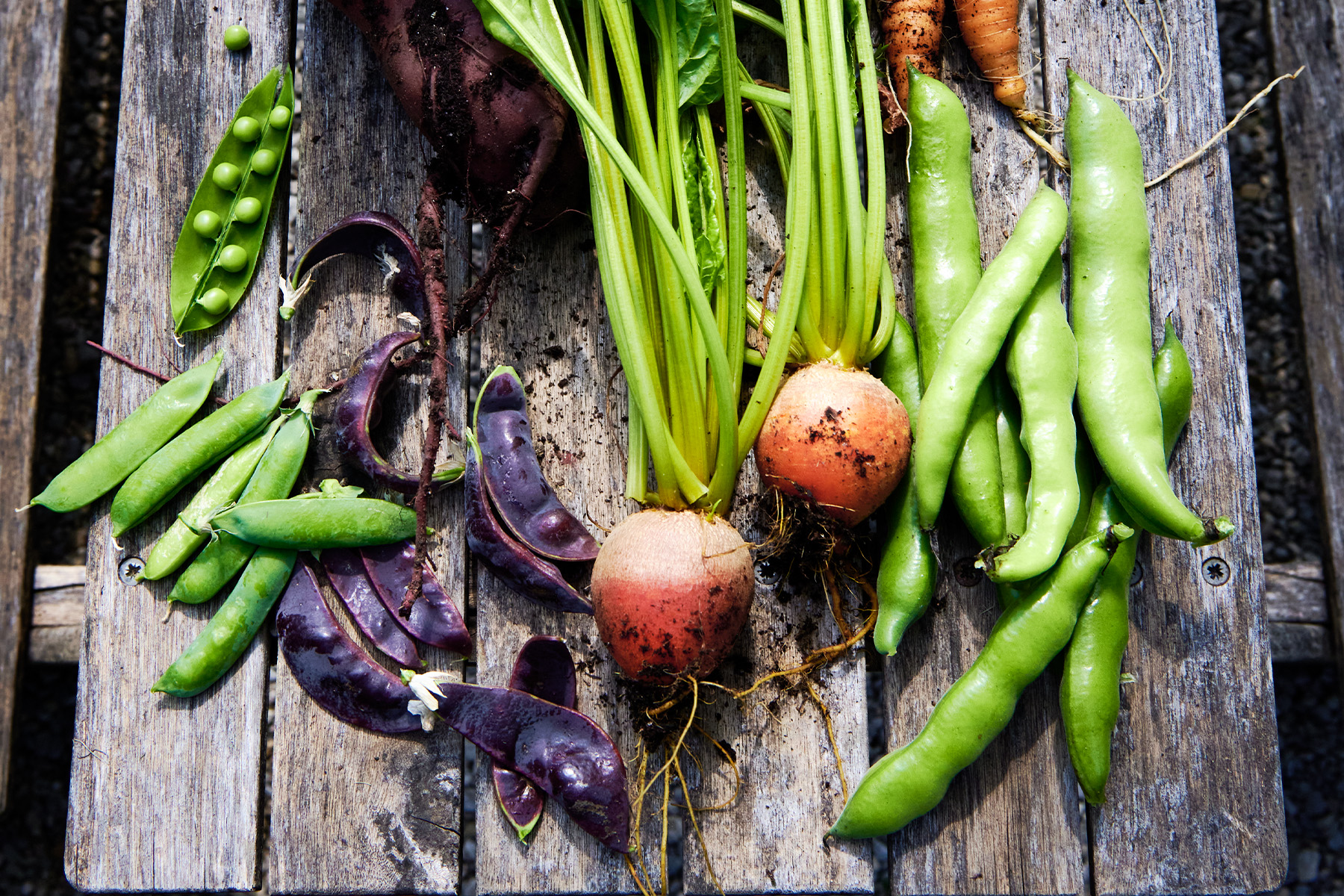Kay Nelson, the founding Garden Coach at North Haven Gardens, is here to help you lay the groundwork for a thriving garden this spring season. She shares her tips on starting a plot of your own and advises on how to best tend to your already growing plants. Need more help? Check out North Haven Gardens’ Garden Coach program, which offers fee-based in-store, phone, or on-site private consultations with a horticulture expert who can provide direction for those who are brand new to gardening, rethinking a landscape, or designing decorative pots.
Gardening 101
Chart Your Path.
Consider an area’s soil drainage and exposure when determining what and where to plant. Cut-flower and edible gardens thrive in sun. (Nelson suggests starting with instant-gratification herbs.)
Create A Cover Story.
“It’s important to establish a backbone and canopy of year-round evergreens and deciduous plants,” Nelson says. An established “ceiling” can reduce rain erosion and permeate a garden’s microclimate with cooler air and shade.
Dish Out (Some) Dirt.
Mail a soil sample to the Texas A&M AgriLife Extension laboratory and you’ll get a report about its fertility and which nutrients it may need, a big benefit when edible gardening. Frequent mulching and composting are musts.
Stay the Course
Once you’ve got things growing, preserve and protect your bounty with Nelson’s tried-and-true tips.
Establish backyard biodiversity.
Nelson emphasizes interweaving a variety of plants that offer food and shelter for birds, insects, amphibians, and reptiles. Bat boxes, hummingbird feeders, and bird baths all promote a thriving microclimate for beneficial bugs—and keep unwanted ones away.
Find the right plants for the right places.
One might be happier placed at the better-lit south side; another might prefer the cooler north side; one might be ideal for sheltering another, while still another might require shelter to thrive.
Spring for fences.
The surest way to protect edible gardens from nibblers is to erect chicken or goat wire—or any material that promotes air circulation.
Cover your bases.
Give your plants a leg up in surviving climate extremes. Protect with a frost cloth before a winter storm, and in the summer, provide daytime shade with a pergola or shade cloth. “Sometimes it gets too hot for too long, even for our solar-charged tomatoes,” Nelson says. “We all could use protection from the heat!”
Coach on Call
Find more info on the North Haven Gardens’ Garden Coach program at , or call 214-360-1590.
Author

Jessica Otte
Jessica Otte is the executive editor of D Home and D Weddings. In 2006, she helped launch D CEO as…


